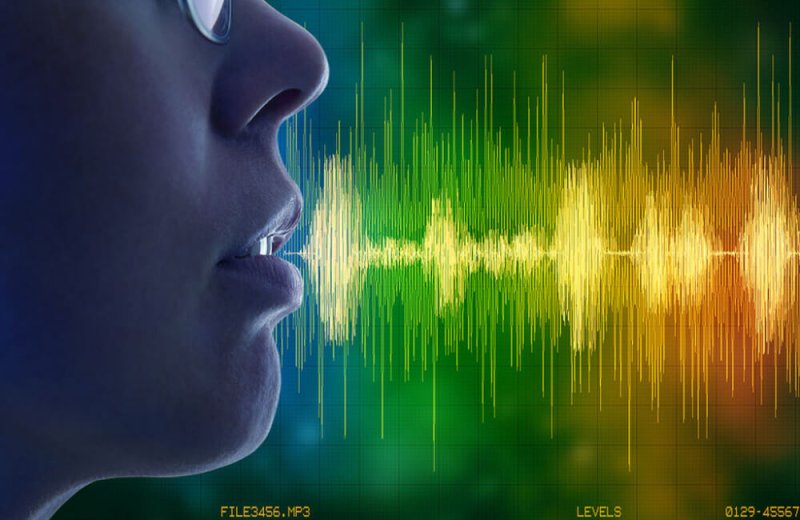One [area of the brain is called] the “hand knob,” which, as the name suggests, is a knobby region of the gyrus involved in hand and arm movements. It also has another, surprising function. A team based at Stanford University reports [December 10] in eLife that some neurons there are active during speech, and their signals can be decoded to reveal the word or sound uttered.
…
While recording activity from the implants, they asked the participants to say certain words, or parts of words known as phonemes, from prepared lists. Using a computer to analyze the recorded brain activity later, the researchers were able most of the time to correctly discern which word or phoneme was spoken. In one participant, they accurately decoded which of 10 words were spoken 85 percent of the time.
…
Ultimately, [neurosurgeon Sergey Stavisky] says, he hopes to help develop a speech prosthetic for people who have lost the ability to talk. Finding speech-related activity in a new place could make working toward that goal easier, he says, because “it gives us more places from which to pull [the signals] out.”
Read full, original post: Speech Decoded from Brain Activity in Area for Hand Control































